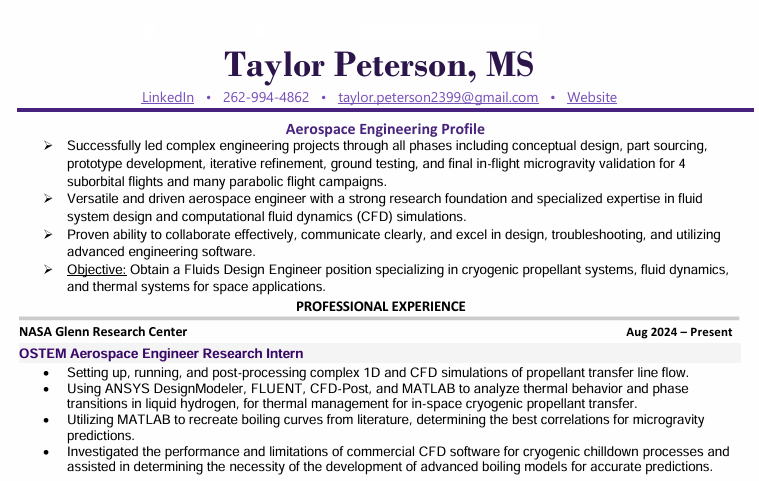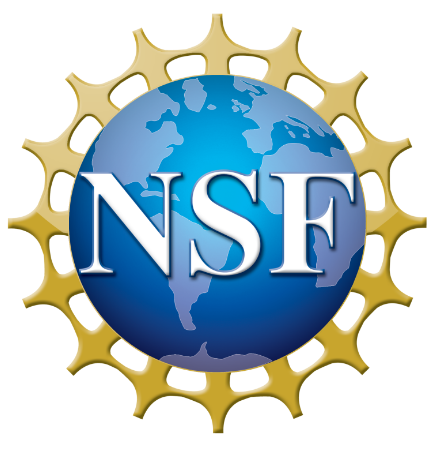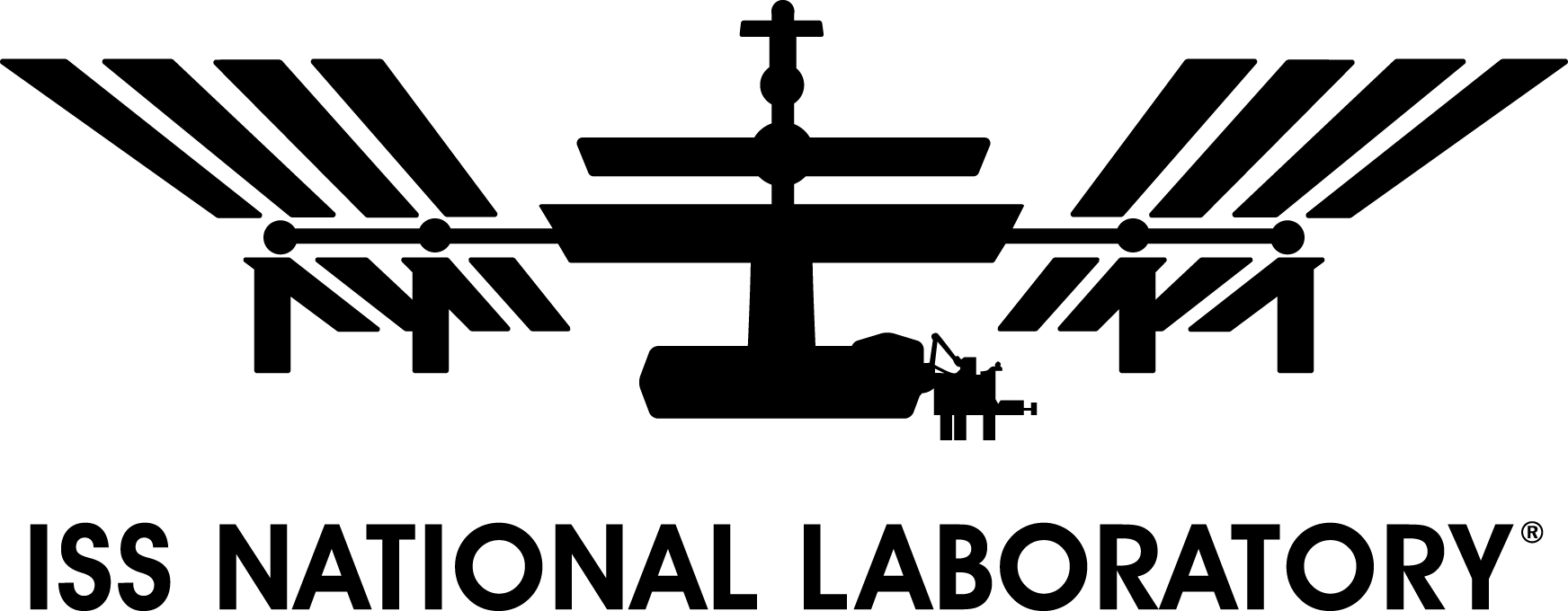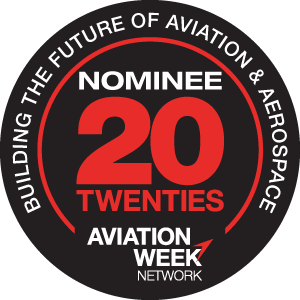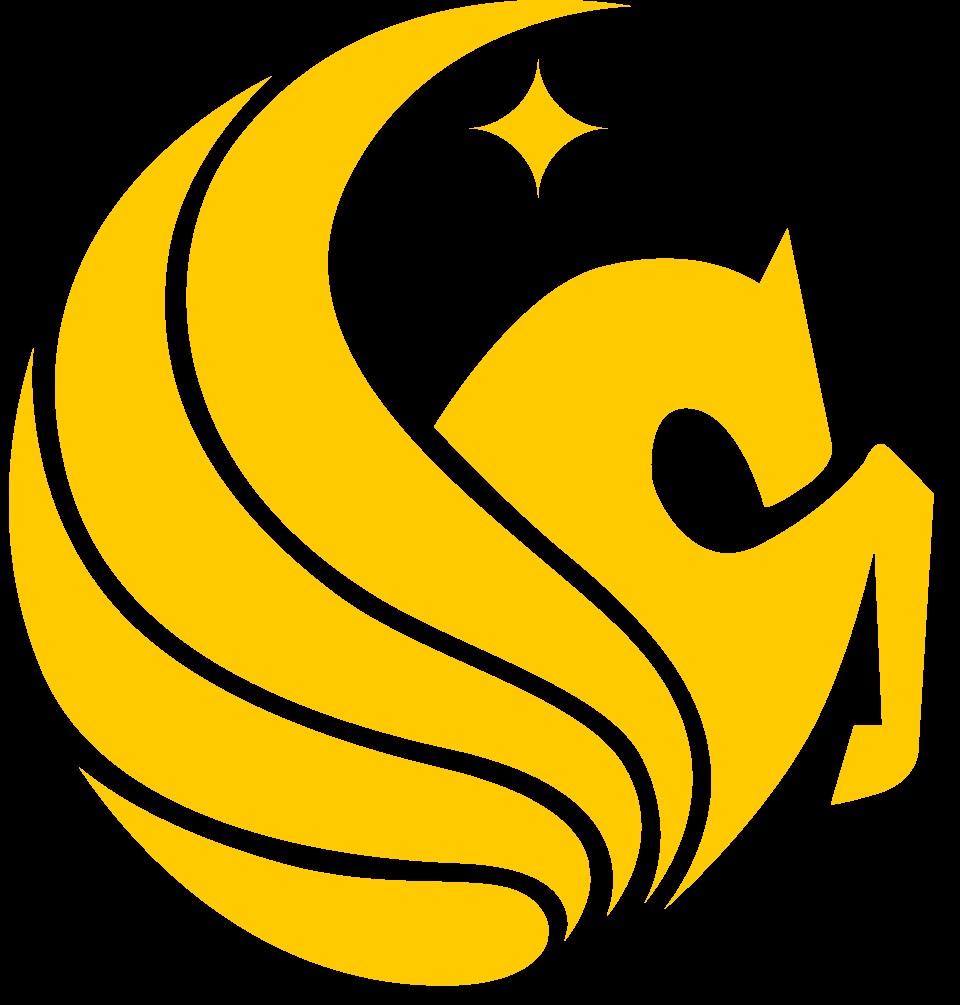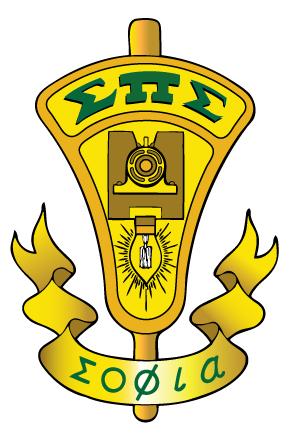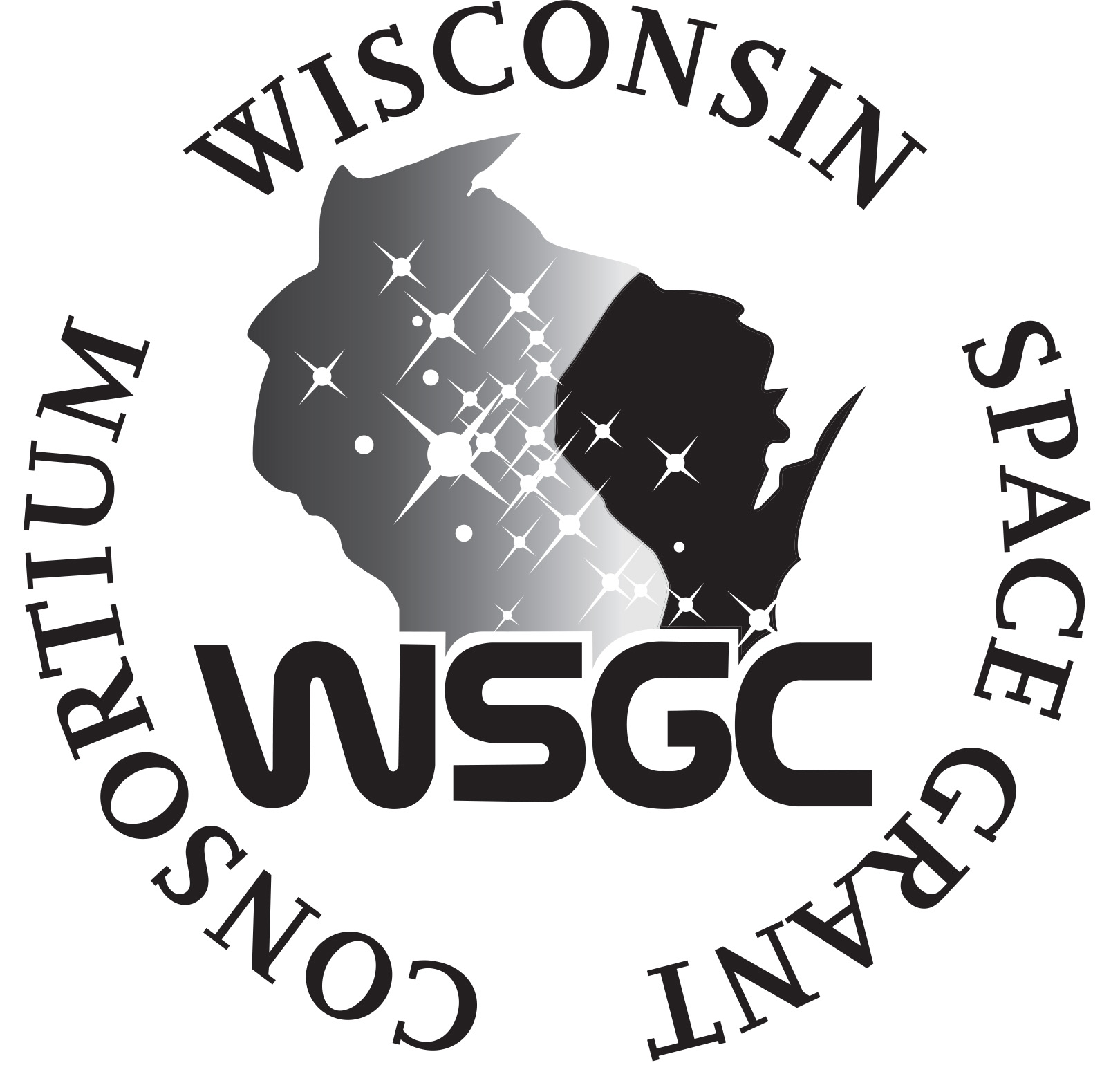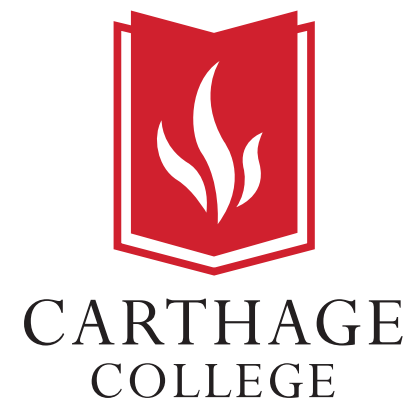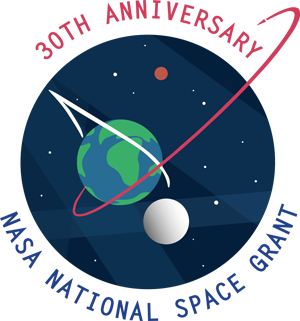
About Me
I am an Aerospace Engineering PhD student with a Master's in Aerospace Engineering and Bachelor's in Physics. Since my first year as an undergraduate I have been involved in research revolving around fluid dynamics in microgravity, building and testing various paylaods on parabolic flight campaigns and Blue Origin New Shepard launches.
Continuing my studies in graduate school, I began focusing on two research projects; 1) studying osteoporosis in astronauts (which flew on New Shepard in December 2023) and 2) studying the behavior of boiling cryogenic propellants in microgravity. I am currently working towards my PhD in Aerospace Engineering with a concentration in fluid dynamics in microgravity. Alongside this, I am a current virtual intern at NASA Glenn Research Center working on projects directly related to my dissertation work of cryogenic line chilldown CFD.
If you have any questions or would like to reach out, please do not hesitate to email me.
Awards & Honors
Some images have links to press releases.
NSF Graduate Research Fellowship
Awarded the prestigious NSF Graduate Research Fellowship to support my work on cryogenic chilldown in microgravity. This fellowship recognizes researchers advancing the quality of scientific inquiry across industries.
ISS National Lab James A. Abrahamson Space Leader Fellowship
Selected as one of three recipients for this year-long fellowship by the ISS National Lab and CASIS. This program promotes workforce development for outstanding early-stage graduate students and supports innovative research projects.
20 Twenties Award Nominee
Nominated for the 2022 Class of the 20 Twenties Award, which honors exceptional STEM students pursuing careers in aerospace. This recognition highlights academic excellence and professional promise in the field.
ORCGS Doctoral Fellowship
Received the ORCGS Doctoral Fellowship from the University of Central Florida for outstanding academic achievements, preparation, and potential for success as a doctoral student.
Lemelson-MIT Student Prize
My team and I won the prestigious Lemelson-MIT Student Prize for our Modal Propellant Gauging (MPG) technology, competing against top schools like Johns Hopkins and MIT. This competition included over 200 applicants nationwide.
Sigma Pi Sigma Inductee
Recognized for outstanding scholarship in physics, I was inducted into the Sigma Pi Sigma Physics Honor Society in Spring 2021, joining an elite group of accomplished physicists.
Society of Physics Students Chapter President
Served as the 2020-2021 President of the Society of Physics Students Chapter at Carthage College. Under my leadership, our chapter earned the 2020-2021 Outstanding Chapter Award for fostering an active and inclusive community.
Student Ambassador
Selected as the 2020-2021 Student Ambassador for the Wisconsin Space Grant Consortium at Carthage College. My role focused on recruiting and mentoring students pursuing STEM careers.
Wisconsin Space Grant Consortium Undergraduate Scholar
Received the Wisconsin Space Grant Consortium Undergraduate Scholarship for the 2020-2021 academic year, recognizing excellence in STEM-related fields.
Golden Leadership Award
Awarded by Carthage College for exemplary leadership through significant contributions and involvement in co-curricular activities.
Wisconsin Space Grant Representative
Represented the Wisconsin Space Grant Consortium at its 30th Anniversary in Washington, D.C., in February 2020, showcasing accomplishments in STEM.
Experience

NASA Glenn Research Center OSTEM Intern
LTF/Fluid and Cryogenic Systems Branch
In-Space Cryogenic Propellant Transfer Operations, Data Analysis, and Modeling
8/2024 - Present
Currently, I am contributing to research focusing on CFD simulations of cryogenics chilldown processes for in-space refueling applications.
My work involves setting up, running, and post processing complex 1D and CFD simulations of propellant transfer line flow. Using ANSYS DesignModeler, FLUENT, CFD-Post, and MATLAB, I analyze thermal behavior and phasae transitions in liquid hydrogen.
Additionally, I use MATLAB to produce boiling curves from pool boiling literature, identifying the most accurate correlations for microgravity predictions. The results are validated against experimental data, increasing our understanding of cryogenic behaviors in space.
.png)
Parabolic Flight Coach
Contractor
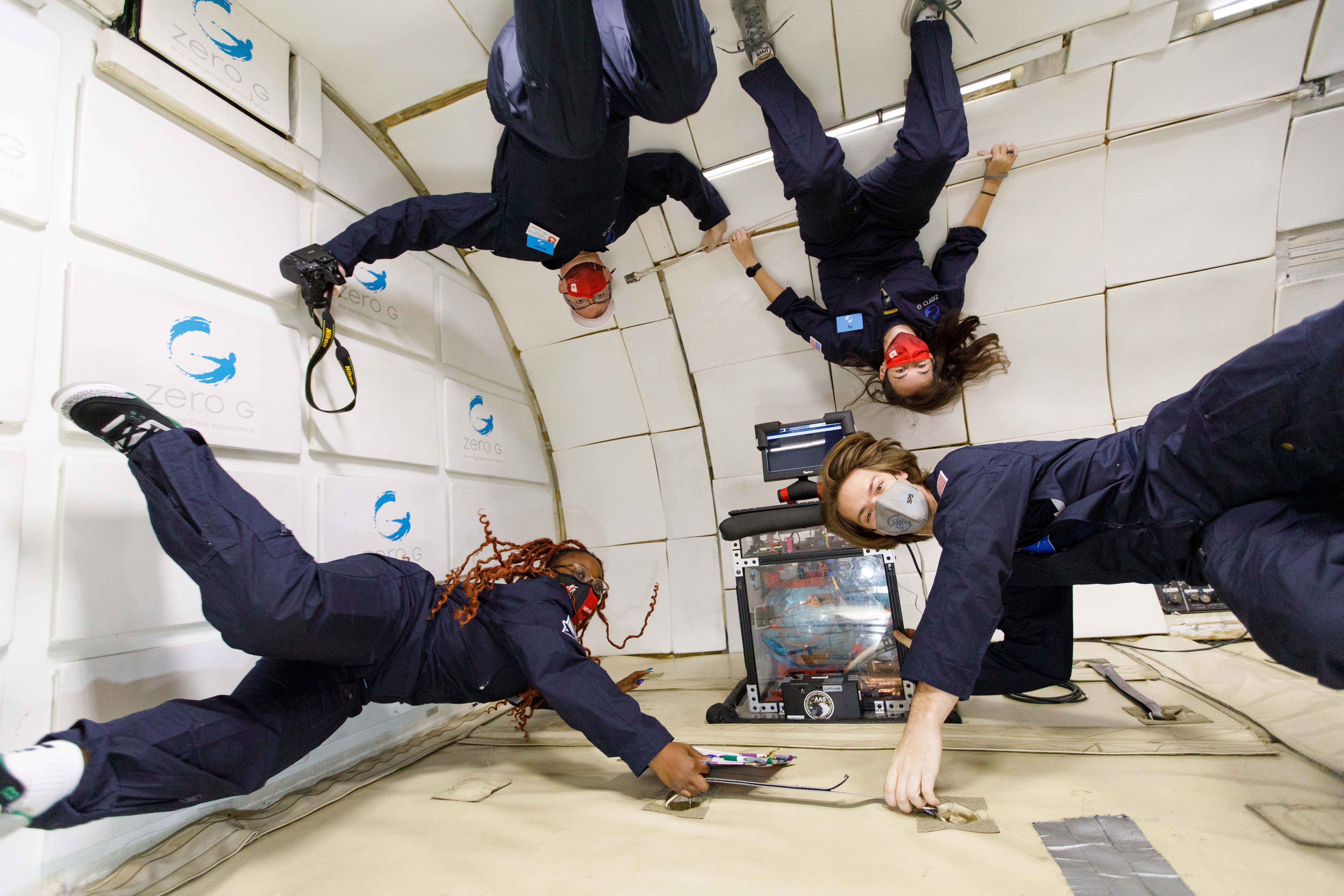
Photo courtesy of Zero-G (Steve Boxall Photography)
Zero Gravity Corporation
7/2021 - Present
I have been flying with the Zero Gravity Corporation (Zero-G) since 2018. As of the summer of 2021, I was hired as a flight coach. For research flights, my role includes being part of the staff team that conducts Team Readiness Reviews (TRRs) on each experiment that flies with us. This includes ensuring the payload is safe to fly - no loose objects, no sharp corners, and no dangerous liquids/components are being brought onto the aircraft.
During flight, my job is to ensure that passengers are being safe and to assist if anyone is feeling unwell. For commercial flights, I have the same responsibilities in flight. My 'on the ground' role (for both research and commercial) consists of preparing the passengers for what to expect during flight.

NASA Kennedy Space Center OSTEM Intern
Biomedical Engineering and Research Lab
Cryogenic Tesla Valves
6/2024 - 8/2024
During the summer of 2024, I worked on a project simulating cryogenic flows through tesla valves. The goal of the project was to test various tesla valve designs with cryogenivs via CFD and analyze pressure drops in bidirectional flow.
I developed a series of CFD simulations using Star-CCM+, generating a dataset to quantify the pressure drop characteristics across varying flow conditions. I compiled and analyzed the data, comparaing it against literature to ensure accuracy. The validation was successful and provided insight into tesla vale flow behavior for the project to move forward.
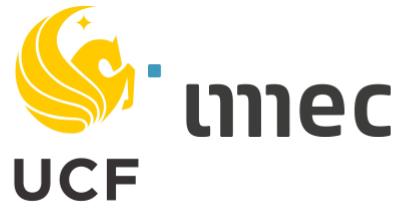
Graduate Researcher
University of Central Florida (UCF)
Dr. Michael Kinzel's Computational Fluids and Aerodynamics Lab (CFAL)
This work was funded by NASA's Techflight opportunity under award #80NSSC21K0338.
Read my ASME research paper presented at the Fluids Engineering Division Summer Meeting 2022.Lens Free Imaging (LFI) Techflight
9/2021 - 8/2024
In collaboration with imec USA, UCF is researching osteoporosis in astronauts in low-gravity environments. I utilized Star-CCM+ to create Computational Fluid Dynamics (CFD) simulations of microfluidics in microgravity, focusing on fluid instabilities and their role in bone loss.
I also conducted lab experiments to verify the CFD simulations, demonstrating fluid behaviors in both normal and low gravity. This included creating CAD models with Autodesk Inventor of microfluidic devices, 3D printing a mold for variations of the device using and Anycubic resin printer, and fully fabricating these devices. The experiments required precise and careful procedures to be successful.
Throughout this project, I mentored a handful of undergraduate students to assit with experiments. I utilized Trello to assign tasks and keep important documents and meeting presentations organized.
This experiment has seen flight on Blue Origin's New Shepard Vehicle in 2023 (NS-24).

NASA Kennedy Space Center OSTEM Intern
Advanced Engineering Development Branch
View my internship abstract and paper for MPG-ISS.Modal Propellant Gauging on the International Space Station (MPG-ISS)
6/2020 - 8/2020 & 6/2021 - 8-2021
I was selected for an internship at NASA Kennedy Space Center’s Advanced Engineering Development Branch during the summers of 2020 and 2021. My role involved designing, building, and testing a payload that is anticipating flight aboard a SpaceX Dragon Capsule for testing on the International Space Station (ISS).
During these 10-week internships, I collaborated with a team of engineers to develop and construct a payload implementing Modal Propellant Gauging (MPG), a lightweight, cost-efficient, and high-resolution fuel gauging system for low-gravity environments. I designed and modeled the experiment using Autodesk Inventor, gaining valuable experience in CAD modeling.
Additionally, I coordinated with external companies and Kennedy Space Center laboratories to manufacture custom components for the experiment, gaining hands-on experience in engineering design, procurement, and fabrication.
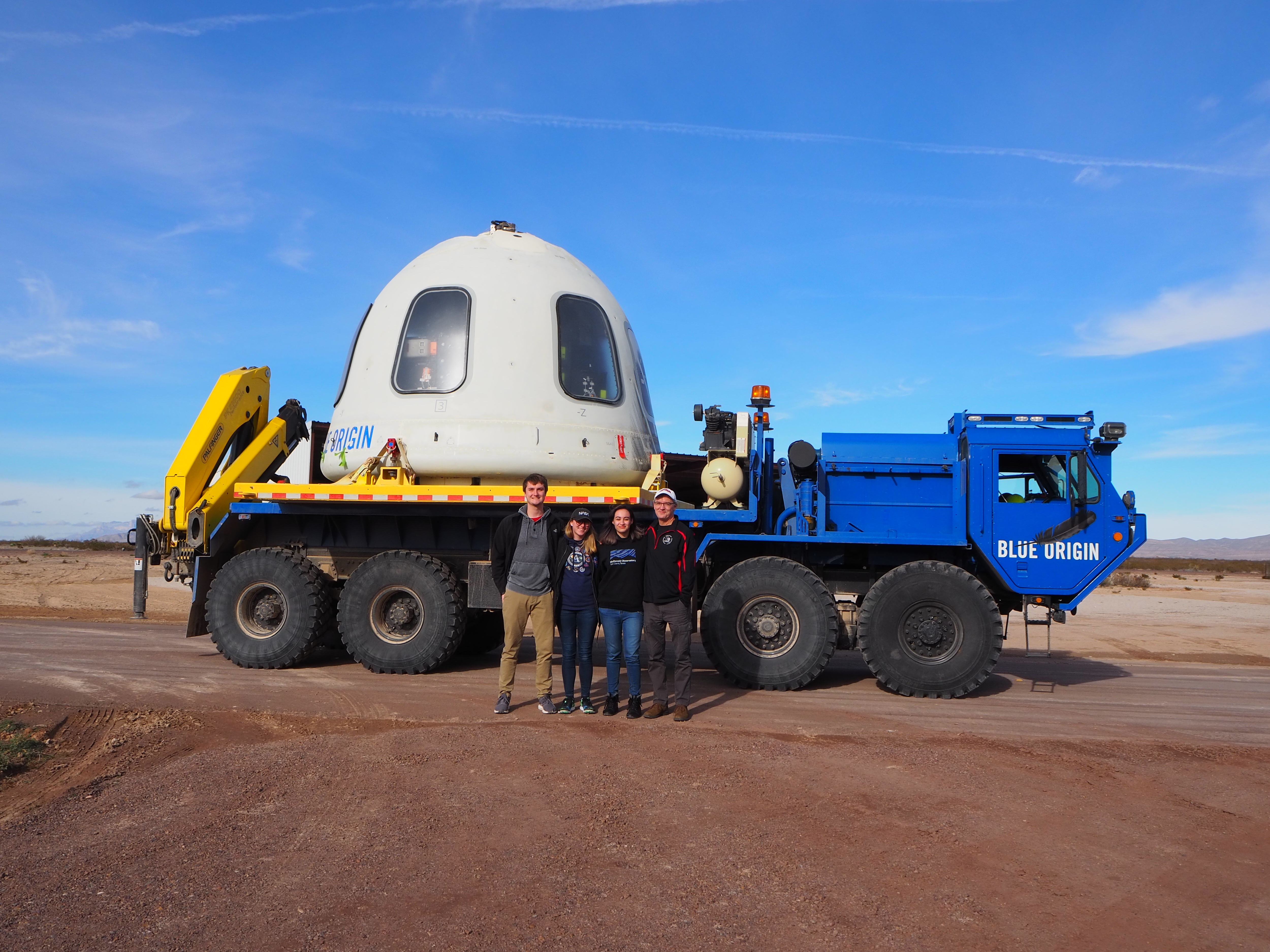
Photo courtesy of Blue Origin
Mission Team Lead, Data Acquisition & Analyst Lead, Lead Mechanical Engineer
NASA Flight Opportunities
View Wisconsin Space Conference proceedings papers (2018 & 2019).Modal Propellant Gauging - Blue Origin Payload (MPG-BOP)
2/2018 - 5/2021
Throughout my undergraduate career, I contributed to the development of MPG and prepared this payload for two suborbital missions aboard Blue Origin’s New Shepard vehicle in January and December 2019.
I joined MPG-BOP in my freshman year as a mechanical team member, focusing on using SolidWorks, to update the payload design and making the same modifications to the physical experiment.
Over the following year, I advanced to both the Mission Team Lead & Data Acquisition and Analyst Lead. I became proficient in using the SLICE Micro system from DTS for data collection and developed and improved current MATLAB scripts to generate frequency response functions from modal data.
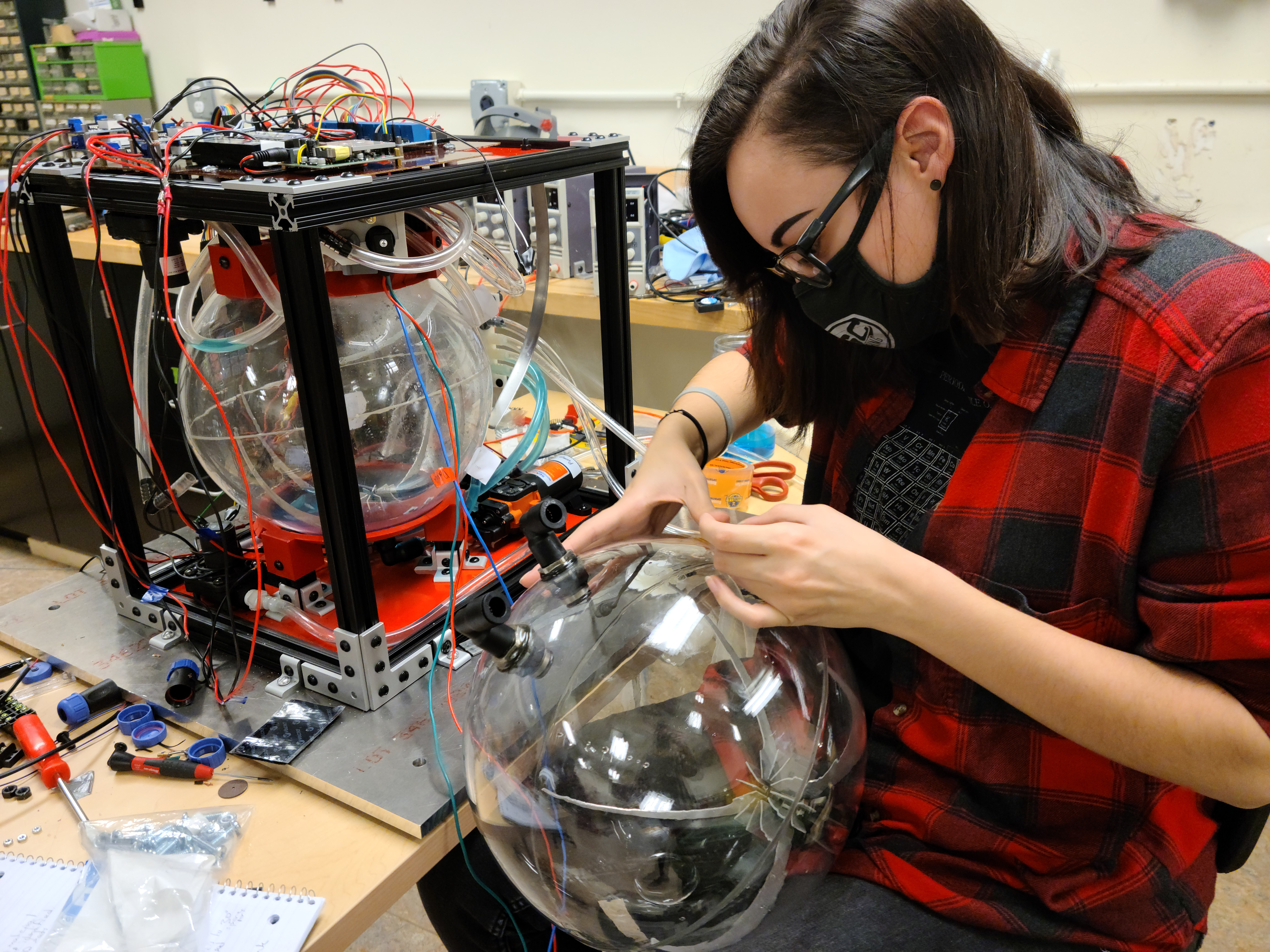
Data Acquisition & Analyst Lead, Mechanical Engineer
NASA Flight Opportunities
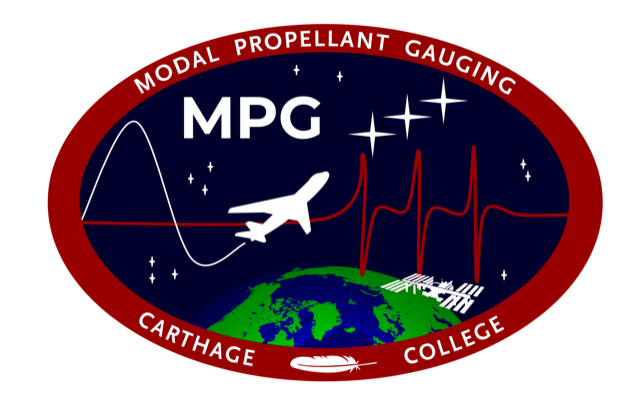
Modal Propellant Gauging - Propellant Refueling and on-Orbit Transfer Operations (MPG-PROTO)
9/2019 - 5/2021
MPG-PROTO is an advanced iteration of the MPG-BOP payload, designed to study liquid flow between two tanks in microgravity. This experiment was developed for both New Shepard and Zero-G parabolic flight campaigns.
I played a key role in designing the payload from scratch, sourcing parts, and leading the assembly process. Additionally, my team and I were responsible for creating essential documentation for future students to continue the project. This included, but not limited to, a concept of operations, testing procedure documents, a detailed integration plan, and a bill of materials.
The experiment focused on fluid dynamics inside both spherical and cylindrical propellant tanks in microgravity. We tested propellant management devices (PMDs), designed to direct liquid toward a designated port during low fill fractions. My primary design contributions were made using Autodesk Inventor.
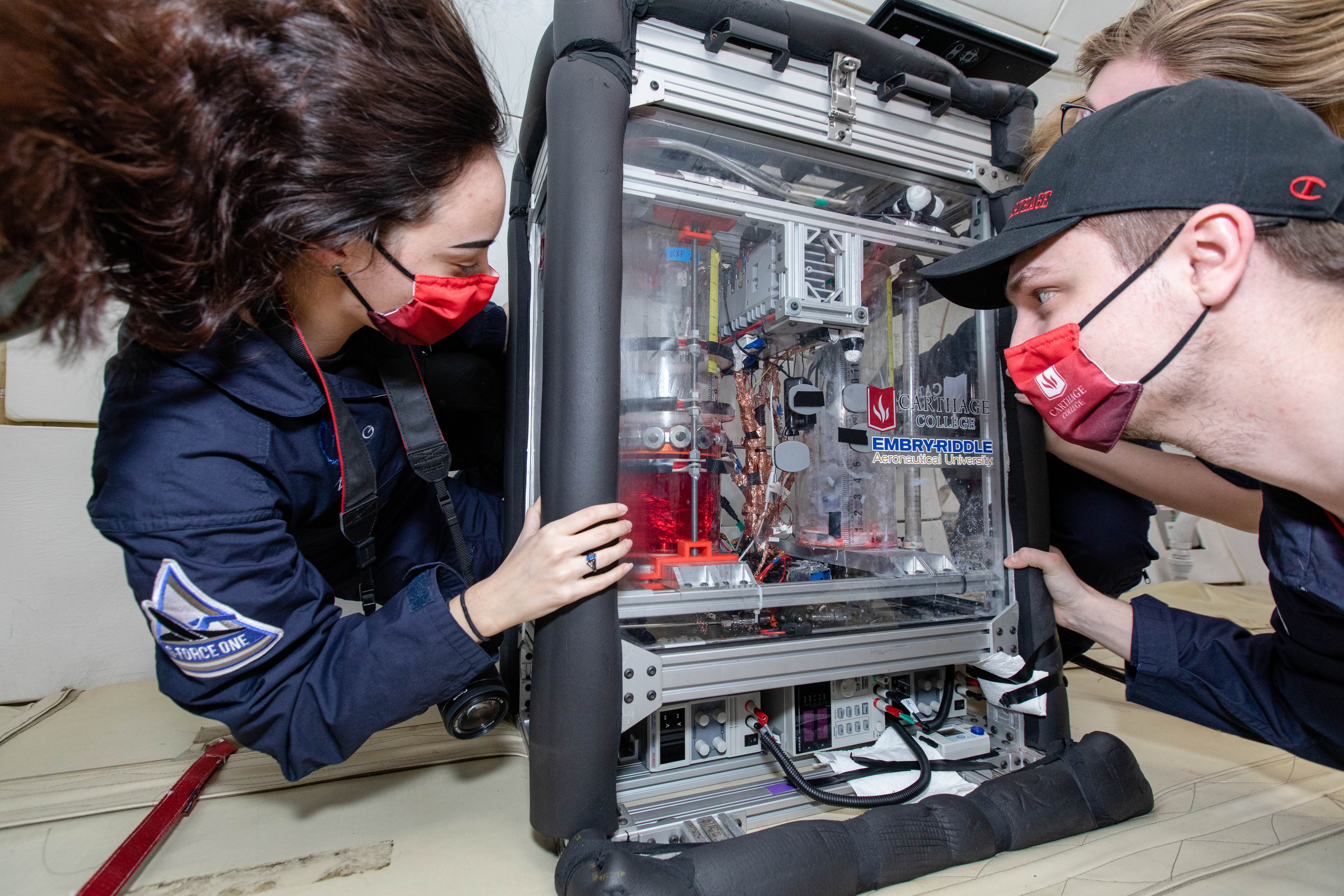
Mission Team Lead, Lead Mechanical Engineer
NASA Flight Opportunities
Highlighted Project From NASA:
The MaSC project was highlighted by NASA Flight Opportunities. Read the post on NASA's website.
Magneto-active Slosh Control (MaSC)
9/2018 - 5/2021
MaSC is a collaborative effort between Carthage College and Embry-Riddle Aeronautical University aimed at suppressing slosh in propellant tanks in low-gravity environments. The experiment utilizes Helmholtz Coils and a metallic alloy membrane inside the tank to influence fluid movement.
This experiment was integrated into an existing payload from a previous iteration of MPG. My primary responsibilities included designing, fabricating, and testing new cylindrical polycarbonate tanks, ensuring space for the metallic membrane. Additionally, I used Autodesk inventor to contribute to the design and structural support of the Helmholtz coil mounts.
Featured Highlights
Noteable experiences beyond research.
Student Ambassador #IAmSpaceGrant
Wisconsin Space Grant Consortium
As a Student Ambassador for the Wisconsin Space Grant (WSGC) Consortium at Carthage College, I created a video highlighting my experiences through WSGC funding. This project allowed me to reflect on the opportunities that shaped my journey and how they have prepared me for a career in Aerospace Engineering.
